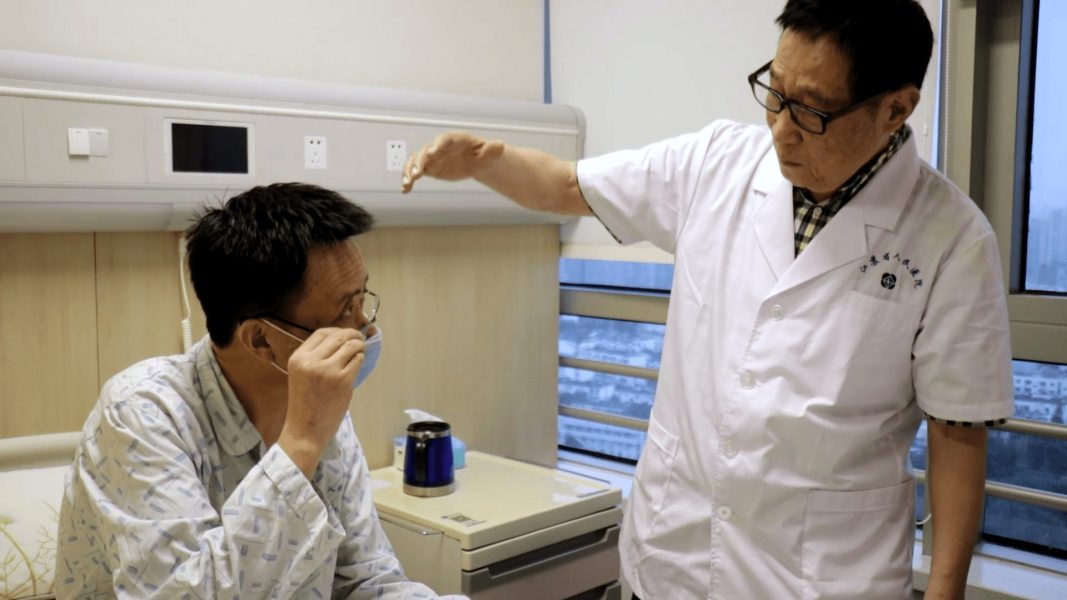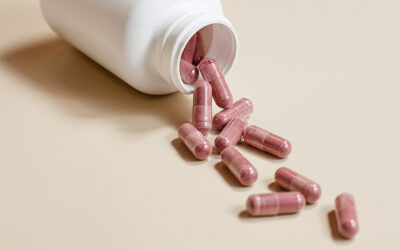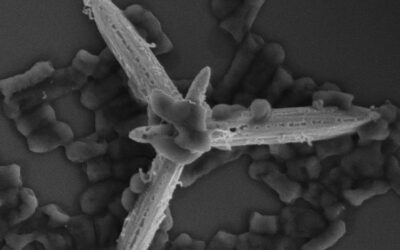Liver transplantation requires suppression of a recipient’s immune system to avoid transplant rejection. Since immune suppressants threaten patient health, precise control over their dose is required.
In Advanced Materials, Dr. Jindao Wu, Prof. Xuehao Wang, and Dr. Fuqiang Wang from Nanjing Medical University, Prof. Gaolin Liang from the University of Science and Technology of China, and their co-workers report a vehicle for stimulated release of the immune suppressant, tacrolimus (tac).
Prof. Xuehao Wang: “Rejection is the key problem after liver transplantation. In clinic, we use tac to reduce rejection, to improve the survival.”
Dr. Jindao Wu: “Transplant doctors often adjust tac dosage according to their clinical experience. We hope to release tac intelligently according to the immune status of recipients and minimize the risk of tac-related complications.”
The researchers devised two peptide-based hydrogelator compounds, which co-assembled with tac into a gel.
Dr. Fuqiang Wang: “The activated PTK (protein tyrosine kinase) could be used to disassemble a tac-encapsulating supramolecular hydrogel for the immune-responsive release.”
Prof. Gaolin Liang: “We expect that our smart, facile method of immune-responsive release of tac could be applied to overcome organ transplantation rejection in clinic in the near future.”
To learn more about this smart approach to overcoming organ transplant rejection, please visit the Advanced Materials homepage.

















